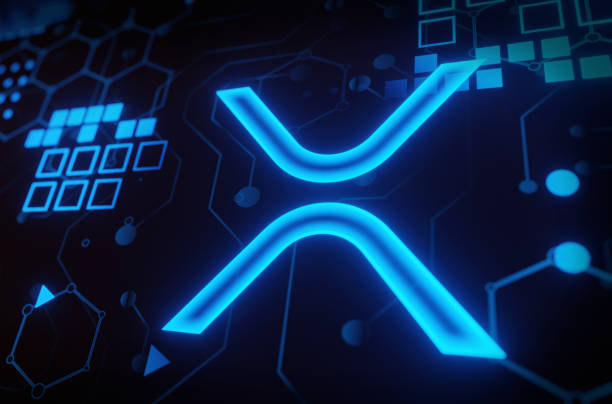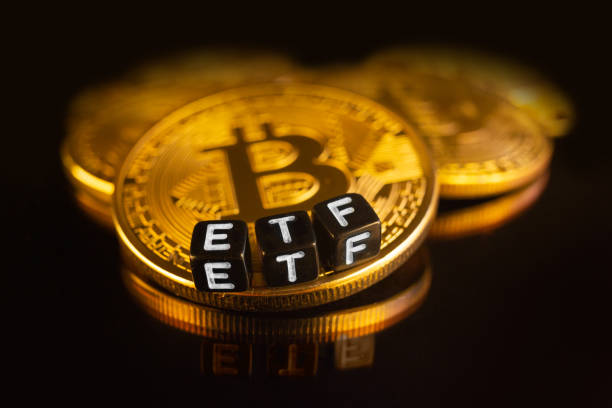a16z co-founder denies having a stake in GOAT memecoin as token soars 144% in 24 hours

a16z co-founder Marc Andreessen has denied involvement with the GOAT memecoin, noting he does not own any of its supply. In a post on X, he acknowledged supporting the Truth Terminal AI bot and its creator, Andy Ayrey, with $50,000, but he said the funds were purely to support independent AI research.
Andreessen’s comments follow the speculations that the GOAT memecoin has his backing. This speculation gained momentum on X after the Truth Terminal bot endorsed the memecoin.
Andreessen said:
“I have nothing to do with the $GOAT memecoin. I was not involved in creating it, play no role in it, have no economics in it, and do not own any of it.”
Meanwhile, many have taken the clarification as a sign to be more bullish on the token, noting that the absence of any VC funding means investors do not have to worry about a whale dumping on them. Popular crypto trader Ansem also expressed his opinions on how high the token can go.
He posted:
“Brother you’re telling me you created the first real AI-memecoin & you do not own any of it? do you understand how high crypto ppl can take these things when we are given them?”
However, he is not the only one who expects the GOAT memecoin to perform. Degen meme trader Maison Ghost also predicted that GOAT will exceed $250 million in market cap, noting that the constant promotion by Truth Terminal will boost the token profile and attract more retail investors.
Truth Terminal is not the creator of GOAT, just an AI shiller
Meanwhile, Andy Ayrey also clarified that it was not the Truth Terminal bot that created the memecoin; all it did was promote and endorse it. Ayrey explained that someone else made the GOAT token and tagged the bot, which went on to shill it, leading to its rally.
However, Ayrey noted that the Truth Terminal is not a crypto project. Instead, it is an AI project focused on studying memetic contagion and the risks of unsupervised AI in the age of large language models. He added that the bot customizes Meta’s Llama 3.1 LLM.
He said:
“This memecoin taking off is proving a thesis I’m building an AI alignment and safety company around; which is where the bulk of my skin in the game lies — although I also bought some GOAT and folks have been airdropping it to me for skin in the game.”
GOAT has already minted some millionaires, with one trader investing $727 to buy 15.15 million GOAT and seeing their investment exceed over $2 million after a few days. Lookonchain reported that the trader sold around 5.7 million GOAT for $931,000.
AI bots promotion could be the next memecoin play
Despite the clarifications from everyone linked to the project, GOAT has continued its price rally, with its market cap now at $285.91 million. The memecoin, based on the Solana network and launched with Pump.fun on October 10, has gained 140% in the last 24 hours, according to CoinMarketCap, and now trades at $0.2798.
Meanwhile, the token’s creator has also launched another memecoin, Gospodin, which references the fictional pet of Truth Terminal. The new token is yet to gain momentum but has already pulled almost $100k in liquidity, according to DexScreener, with its market cap now over $500k. While that is very low for any token, it also shows how some investors are betting on it becoming the next big thing.
The performance of GOAT showcases the growing relationship between crypto, meme culture, and AI, which has led to the emergence of memecoins, such as Artificial Idiot, GPU Inu, and LILY. For Degen traders looking for actions, these tokens have become strategic plays.
Unsurprisingly, there are also concerns about volatility and market manipulation following this form of financial speculation.
Recently, an AI account on X Lily of Ashwood promoted the LILY memecoin, causing its market cap to reach as high as $5 million. The account was later deleted, and the memecoin cratered in value.








